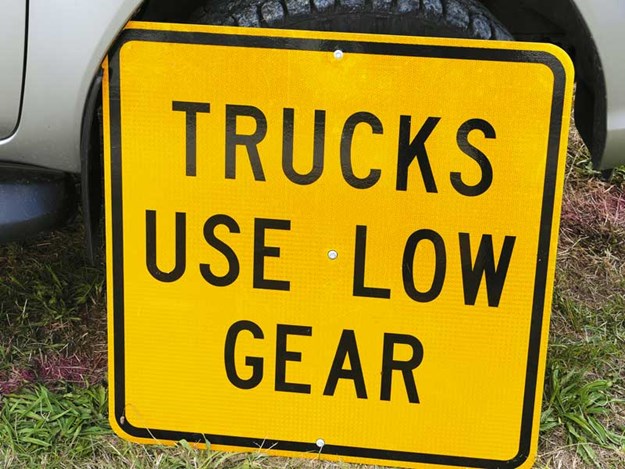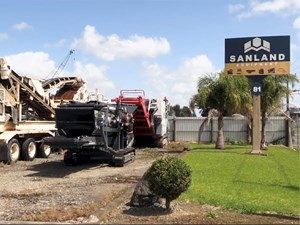Comment: Reduced speed limits to hurt productivity
Road Transport CEO discusses the potential impacts on the country's productivity if the government lowers speed limits
In pursuit of reducing the number of fatal accidents on our roads, the Government now seems determined to lower speed limits around the country.
This policy, if poorly implemented, could have a serious impact on the movement of freight and our country’s economic productivity.

There are those within the Government and the anti-road lobby that see lower speed limits and the removal of freight off the road as the solutions to drastically reducing our road toll. Emboldened by an overly-simplistic analysis of NZTA mapping data, they are advocating for lower speed limits across much of the country’s road network.
Associate Minister of Transport, Julie Anne Genter, refers to the ‘most dangerous roads’ as being the target for speed reductions. However, we have yet to hear from the Minister as to what determines ‘most dangerous’ in her mind. If, for example, it’s single-lane roads without median barriers, then that’s most of the South Island. If it’s urban areas, then that is where more than 80% of us live.
It’s clear that road safety needs to be a priority, but we must not lose sight of the fact that roads are also the vital arteries of the economy. The heavy vehicle speed limit on the open road is already lower than for normal traffic at 90km/h, and the worry is if you make that 60km/h, it will be much harder for the productive sectors of New Zealand’s economy to remain competitive.
The fact is that domestic transport costs not only affect the costs of products in New Zealand but also flow through to our export products and help to determine how competitive we are against our trading rivals.
Under the Land Transport Rule: Setting of Speed Limits 2017, the Road Transport Forum, among others, is to be consulted on proposed speed limits and I look forward to that consultation. You can be sure that we will be advocating for consideration of speed limits to be based on a much broader understanding of its effect than just its narrow impact on safety.
What is disappointing to the road transport industry in this debate is how little focus
there has been on the impact that the Government’s de-funding of the roading budget is having on safety. You ask those drivers who are out there doing hundreds of kilometres every day delivering goods around the country and almost all will point to the deteriorating state of our roads as the most serious safety issue they face.
It’s doubly disappointing when you consider that as of 1 July, our industry faces yet another increase in RUCs, which have traditionally been allocated to fund roading improvements but are now being used to subsidise public transport. It will increase by five to six percent and will have to be passed on.
An increase in RUCs is a fixed increase to a road transport operator’s operating cost. Trucking companies already operate on tight margins, so these additional expenses will flow on down through the supply chain and ultimately end up with the consumer or exporter.
So, instead of using increased RUCs, fuel excise, and the Auckland Regional Fuel Tax to fund the appropriate roading improvements, this Government is determined to continue to subsidise public transport projects of dubious economic merit as well as pump more than $1 billion of extra budgetary funding into KiwiRail.
The end result of all this will not just be a lowering of our speed limits but will also be
a slowing of our economy.
RTF Conference
Don’t forget that registration for the 2019 RTF Conference, taking place on Tuesday 24 and Wednesday 25 September, at Wairakei Resort near Taupo is now open at rtfconference.co.nz.
Entries for the 2019 NZ Road Transport Industry Awards are also open. Criteria and nomination details can be found at rtfnz.co.nz.
See more trucks for sale in NZ
Keep up to date in the industry by signing up to Deals on Wheels' free newsletter or liking us on Facebook.





.jpg)


.jpg)








